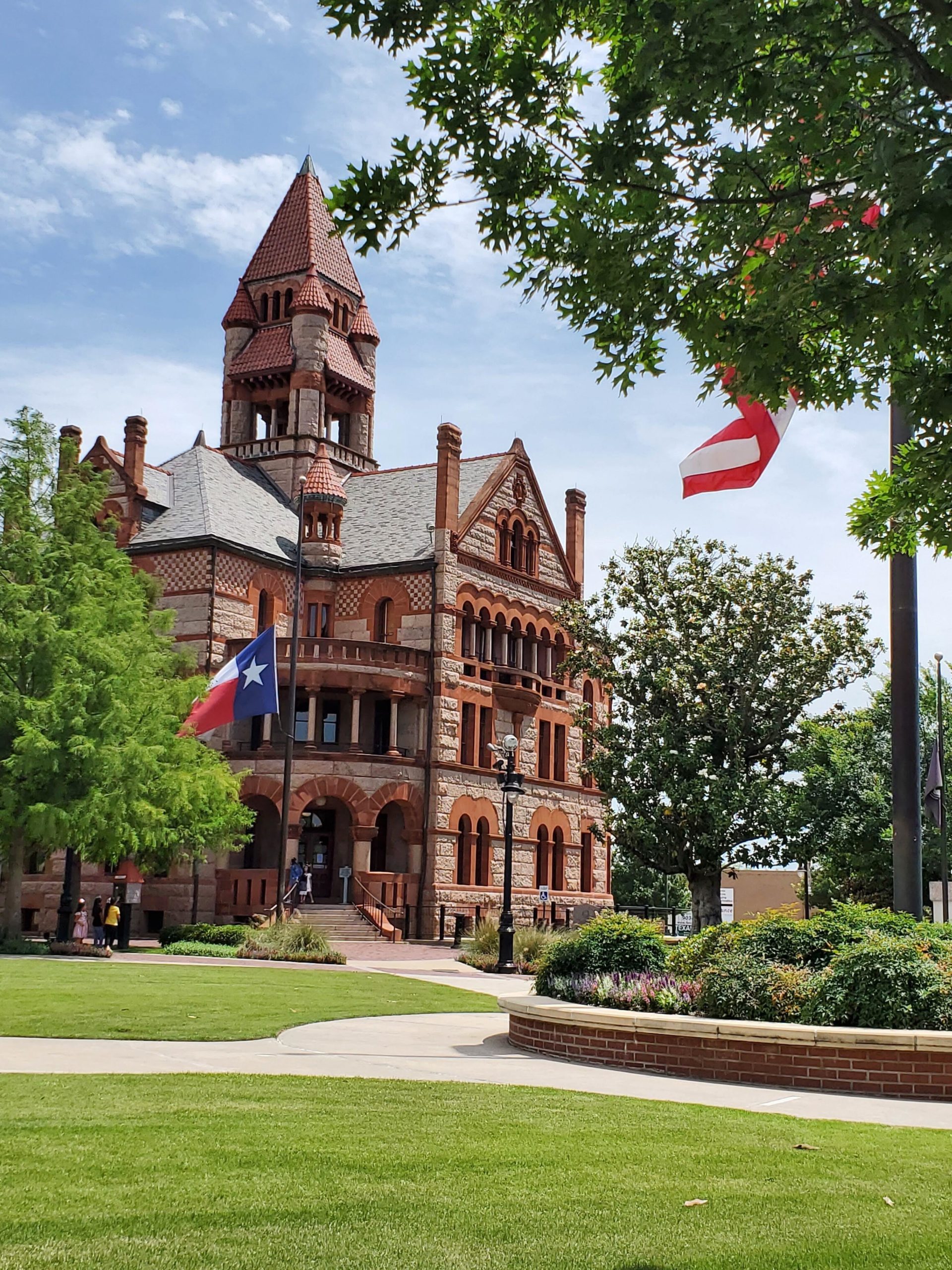The Indian Act and Indigenous Estates
Indigenous peoples’ lived experiences of probate law and estate administration in Canada has its roots in the Constitution Act, 1867, originally enacted as the British North America Act, 1867 (BNA Act). From the creation of a colonial federal dominion over Turtle Island, the name used by many Indigenous groups to refer to North America, Canada has been regulating the property rights of “Indians,” the historical term for First Nations peoples. Subsection 91(24) of the BNA Act gives the federal government legislative jurisdiction over “Indians and lands reserved for the Indians.” This provision thus includes jurisdiction over the administration of aboriginal estates and wills.
The Indian Act, federal legislation first passed in 1876, is the primary legislative authority concerning registered Indians, those First Nations peoples registered with the government and entitled to certain rights, benefits, and governmental control not afforded to non-status Indians, Inuit, and Métis. The 2013 Federal Court decision Daniels v. Canada, 2016 SCC 12 held that the BNA Act’s application to “Indians” extends a federal jurisdiction and fiduciary duty over all status Indians, non-status Indians, and Métis. This precedent encompasses the legal parameters for intestacy and probate law for Indigenous peoples (not including Inuit) pursuant to subsection 91(24).
The federal department of the Government of Canada, Crown-Indigenous Relations and Northern Affairs Canada (CIRNAC), is the main federal body exercising its authority over the jurisdiction delineated in subsection 91(2) of the BNA Act. The department is overseen by the Minister of Indigenous Services. The Indian Act legislates over the “descent of property,” including the execution of wills, jurisdiction over appeals of probate decisions, and intestacy laws. Section 45 dictates who may make wills under the Act, the form of wills and the probate process. Section 46 states under what conditions the Minister may declare a will void. Section 46 highlights a key difference between estate administration under the Indian Act and under provincial estates statutes: the former is exercised under administrative action of the executive, whereas the latter is done by courts of justice. Finally, subsection 46(2) declares that where a will under the Act is declared void, the person executing the will will be deemed to have died intestate, and Indian Act intestacy laws will apply.
Section 46 and Analogous Provisions
Section 46(1) provides the following six conditions in which the Minister may declare a will made pursuant to the Indian Act void:
(a) the will was executed under duress or undue influence;
(b) the testator at the time of execution of the will lacked testamentary capacity;
(c) the terms of the will would impose hardship on persons for whom the testator had a responsibility to provide;
(d) the will purports to dispose of land in a reserve in a manner contrary to the interest of the band or contrary to this Act;
(e) the terms of the will are so vague, uncertain or capricious that proper administration and equitable distribution of the estate of the deceased would be difficult or impossible to carry out in accordance with this Act; or
(f) the terms of the will are against the public interest.
Most of these conditions are analogous to those found in provincial wills and estates statutes concerning proper will execution. For instance, section 52 of the British Columbia Wills, Estates and Succession Act (WESA) and subsection 12(3) of the Ontario Succession Law Reform Act (SLRA) explicitly vest probate courts with the authority to find a will invalid on the basis of an individual’s undue influence over the testator.
In Quebec, the Civil Code of Quebec (CCQ) outlines the laws governing wills and estates. Articles 703, 707, 708, 709, 710, and 711 CCQ outline the requirements for testamentary capacity for the devolution of a decedent’s property. Articles 713 and 714 arguably invoke similar language to subsection 46(1)(e) of the Indian Act, and article 715 CCQ invokes the principle of wills made in the public interest. Article 715 states, “No one may cause the validity of his will to be subject to any formality not required by law.” Imputations of common law jurisprudence in all common law provinces have cemented all of the section 46(1) conditions not relating to administration under the Act into provincial probate law.
Subsections (d) and (e) are unique to the laws governing “Indians” under the meaning of subsection 91(24) of the BNA Act. While provincial probate courts will typically reject a will to probate whose terms are vague or uncertain (or will declare certain provisions within a will void), this undertaking is not done with the aim that such terms would make “proper administration and equitable distribution of the estate of the deceased would be difficult or impossible to carry out in accordance with [the Indian Act].” This requirement is unique to the relationship between the Crown and Indigenous peoples.
Moreover, a central tenet of common law private property rights is the ability of testators to dispose of their property in a “capricious manner” (as opposed to in subsection 46(1)(e) of the Indian Act) when in accordance with the public interest and not contrary to criminal law. This is the basic principle of testamentary freedom, a right fiercely guarded in non-Indian probate law. In 2016, the Ontario Court of Appeal held in Spence v. BMO Trust Co., 2016 ONCA 196 that a “testator’s freedom to distribute her property as she chooses is a deeply entrenched common law principle … no one, including the spouse or children of a testator, is entitled to receive anything under a testator’s will, subject to legislation that imposes obligations on the testator.”
The inability to make capricious dispositions under the Act presents one of many federal incursions into the freedoms of Indigenous peoples in Canada and the government’s reinforcement of the paternalistic relationship between the two.
In recent years, provincial legislatures have introduced freedom-limiting provisions, such as section 60 of BC’s WESA invalidating a will that does not make adequate provision for a testator’s dependents. However, these types of provisions have proven to be controversial across the provinces. In 2019, the Supreme Court of Nova Scotia struck down a similar provision in the Testators’ Family Maintenance Act on the basis that it violated testators’ section 7 Charter liberty rights in accordance with the principles of fundamental justice. In that decision, the Court held that testamentary autonomy “can rise to the level of fundamental personal choice of the kind contemplated in the caselaw under section 7.” Despite this ruling, courts have not ruled analogous federal law in the Indian Act unconstitutional on the basis of testamentary autonomy.
The latter half of subsection (e) (“distribution of the estate of the deceased would be difficult or impossible to carry out in accordance with this Act”) and the preceding subsection, which states that the Minister may find a will void if it “purports to dispose of land in a reserve in a manner contrary to the interest of the band or contrary to this Act” both reinforce an imposed ward-warden relationship between status Indians and the Crown under federal law. Essentially, these conditions perpetuate the legal view of on-reserve First Nations peoples as objects of federal administration rather than testators with individual property rights equal to those of non-First Nations citizens. This ongoing tension has reared its head in several estate disputes under the Indian Act, where jurisdictional issues between provincial section 96 courts and federal Ministerial jurisdiction under the CIRNAC raise questions of what laws apply to a testator’s will.
Issues of jurisdiction, judicial discretion to administrative decisions, the standard of review of administrative decisions, and the decision-makers’ interpretations of the conditions under subsection 46(1) of the Indian Act have all played out in the jurisprudence. These decisions provide more guidance—and, in some cases, raise more questions—on property and succession laws for Indigenous peoples in Canada. Part II of this series explores relevant judicial decisions relating to the validity of wills made under the Act, including applicants’ petitions for wills to be voided under subsection 46(1).













